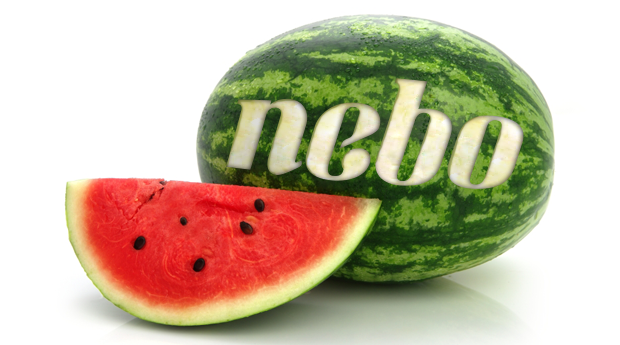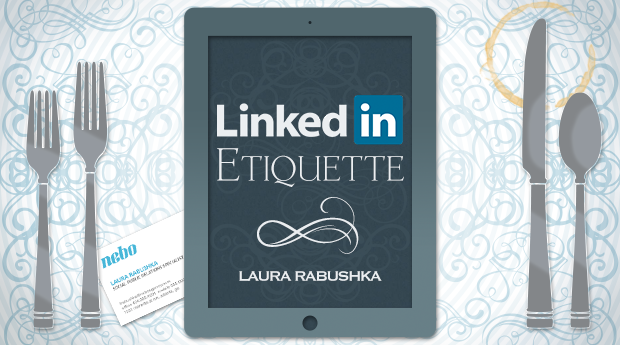Making Your Corporate Character Count

We’ve all seen the cliché image of corporate giving. A huge corporation writes a check to the charity of the week in exchange for some good press and looking a little less evil in the eyes of consumers. Although we’d never admonish anyone for donating money or volunteering his or her time to a worthy cause, this model of corporate responsibility is perfunctory at best. It is the equivalent of getting a little league trophy. You’ve shown up, but you haven’t really earned anything. You’ve done nothing to show your dedication, endurance, skill or strength. You didn’t give your all.
You didn’t do anything to prove your character.
Site Architecture and the Oregon Experiment

In the early 1970s, University of Oregon students and faculty were not happy. Sure, academics have a knack for disgruntlement, but this was a special sort of dissatisfaction: the kind that led to action.
They protested against over-logging, destruction of historic sites, the military draft, American invasion into Asia, and, particularly close to home, the new brutalist style architecture taking over their campus. After enough huffing and puffing, the university administration decided that, while they couldn’t stop all the wrongs in the world, they could take more control of their own facilities. So, they hired Christopher Alexander, a professor from Berkley, to put together a set of guidelines by which the university could conduct its own community planning and building construction—essentially an architectural version of a brand style guide.
What does all of this have to do with designing for digital? A good deal. For websites and applications today are much closer to buildings, or even cities, than they are to say, posters or brochures. Users don’t stand back separate from the visual space on the page, but move through it mentally, all the while envisioning where they are in relation to other areas of the site.
Celebrating America's Fruited Plains

Happy Independence Day! Though it’s raining in many parts of our great nation, the spirit of the Fourth of July and all the summer splendor it brings is alive and well. Even if your cookout plans have been put on the backburner, the bounty of summer is still there for the taking. Fireworks, barbecues and pool parties are great, but they can wait. We thought we’d pay homage to one thing no summer would be complete without that can be enjoyed any time: watermelons.
It's Not Venture Capitalism. It's Venture Collaboration.

Humanity is at its best when people work together with a shared sense of purpose and a shared goal. We've seen it over and over again: when diverse groups of people come together, they accomplish amazing things.
But it's important to provide room for the individual. Each of us has unique talents and ideas, and many of us strive to be the best at what we do. Without room for individual expression, we would accomplish nothing.
Nebo's Future – Baby Adeline

Over the past few years, we’ve talked quite a bit about Nebo being a human-centered agency. About our purpose, trying to bring humanity back to digital. About being more revolution than business. About making our culture our competitive advantage. About putting people before profit.
And every now and then – during those transformative times in our lives – our purpose, our fight, and our vision becomes even more meaningful. One of those moments occurred Wednesday night when our Co-founder and President, Adam Harrell, welcomed his first child into the world, baby Adeline.
Rabushka's Rules: LinkedIn Etiquette

As PR professionals, it is often a large part of our daily responsibilities to manage our firm’s social media channels. If you’re new in the field, there can be some growing pains as you try to understand the different platforms and the messaging appropriate for each channel while still maintaining brand authenticity. If you’re a bit more experienced, it can be very easy to forget the small things that make big differences in your social strategies. In this series, I’m exploring some of the most popular social channels for brands to present one of the most commonly neglected elements of brand messaging: social media etiquette.
Today, LinkedIn will be the center of attention. I want to discuss good manners for social marketers who manage their company pages, share common best practices and outline the general do’s and don’ts for interacting on behalf of a company on this professional networking channel.
That said, I want to stress that this post’s intention is not to teach you how to manage your company’s LinkedIn account. There are tons of resources out there that already do that. (Here are some I've found particularly useful - Mashable's LinkedIn article archive, an article about best practices for brands on LinkedIn from Hootsuite and, of course, the obvious yet under-utilized LinkedIn-sponsored resource center for company pages.) The purpose here is to highlight proper LinkedIn etiquette. You’d think good manners would be obvious, but many become oblivious to social standards when they have their company’s agenda in mind. I never cease to be surprised at some of the inappropriate content I see on LinkedIn — from start-ups to Fortune 500 firms alike. Hopefully, these tips will recalibrate you to be more human-centered in your online engagement.